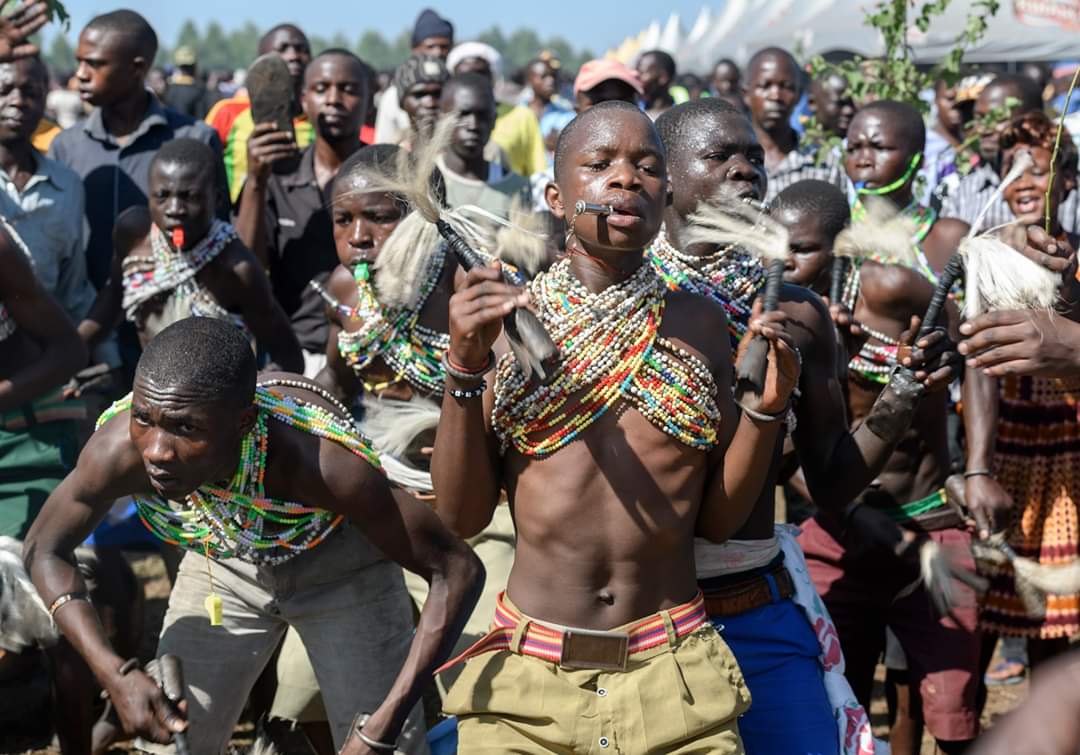Kadodi cut short: The Beat stops, but the drama continues
They disrupt businesses, and now there's even sword dancing! When did cultural rites become a martial art?"

In a move that has left cultural enthusiasts baffled and residents of Mbale divided, security forces have banned the famed Kadodi dance, the traditional Imbalu ritual known for its high-energy drumming and, apparently, its ability to “dance away” both your money and peace of mind.
Asumin Nasike, the Mbale City Commissioner, dropped the bombshell earlier this week, citing an alarming uptick in crimes linked to the dance. “How do you explain a dancer twirling to the drums while also twirling a UPDF soldier’s mobile phone and 300,000 Shillings into their pockets? This is not culture; this is pickpocket choreography,” she remarked, clearly exasperated.
Rogers Taitika, the Elgon region police spokesperson, joined the chorus, urging the public to respect the directive. “The law is the law. If we can’t have peaceful dancing, we might as well not have dancing at all,” he said with the solemnity of a man who’s confiscated one too many sharp objects from hyperactive dancers this week.
But not everyone is mourning the loss of Kadodi. Wilson Watira, Chairperson of Imbalu at Inzu Yamasaba, expressed reluctant approval of the ban. “Honestly, it’s been chaos,” he admitted. “They disrupt businesses, and now there’s even sword dancing! When did cultural rites become a martial art?”
The Kadodi dancers, however, aren’t taking this lying down—or even standing still. One performer, who wished to remain anonymous but goes by “The Blade Spinner,” defended the tradition. “It’s not our fault people can’t tell art from crime. The drums call us, and sometimes they call us to opportunity!”
Voices from Kampala: The Beat of East Africa
On the bustling streets of Kampala, the ban has sparked a harshness of opinions from Mbale people residing in the capital of Uganda, this has been almost as loud as the Kadodi drums themselves.
Joyce Namaluba, a street vendor from Mbale, shook her head as she adjusted her basket of bananas. “Ban the dance? That’s like banning matoke because someone got food poisoning. The culture isn’t the problem—it’s the dancers who need reform!”
Meanwhile, Solomon Masaba, a boda boda rider, was more practical. “Eh, I support the ban. Last time I saw a Kadodi group, my customer got so scared she jumped off the bike! That’s bad for business.”
University student Aisha Mutonyi chimed in with a touch of satire herself: “Maybe they should introduce permits for Kadodi dancers. You know, a ‘no-theft’ clause and a restriction on wielding sharp objects. Turn them into a registered cultural experience for tourists!”
As the dust settles, the once-vibrant Kadodi drums have fallen silent in Mbale City, their rhythm replaced by debates over culture, security, and the fine line between tradition and trouble. One thing’s for sure—when the beat finally returns, the eyes of the region will be watching.







